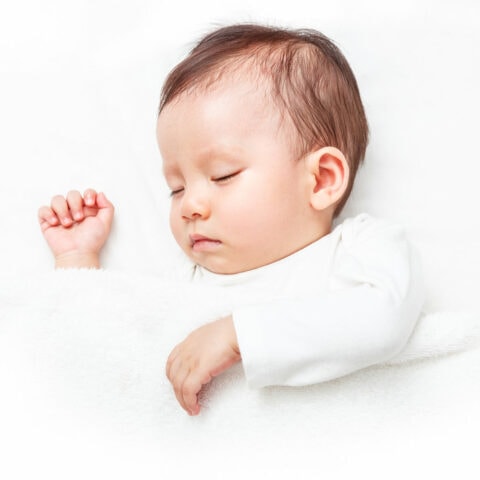Sleep Training Tampa
Beata provides guidance for establishing healthy sleep habits using gentle and proven techniques aligned to your family’s values, ensuring restful nights for the entire family.
Schedule interview
What is Sleep Training?
Empowering both parents and children to establish healthy sleep habits through gentle and effective techniques, we guide families through the process of improving sleep routines and ensuring restful nights for everyone.
Sleep training involves teaching infants and young children to develop healthy sleep habits and routines. It typically includes methods and techniques to help babies learn to fall asleep independently and soothe themselves back to sleep when they wake during the night. Sleep training aims to promote longer and more restful sleep periods for both the child and the parents, fostering better overall sleep hygiene and well-being for the entire family.
While there are various approaches to sleep training, it's essential to choose a method that aligns with your parenting style, your child's temperament, and your family's needs. Consistency, patience, and understanding are key components of successful sleep training, ultimately leading to more peaceful nights and happier days for everyone involved.
Benefits of a Sleep Training
- Better Sleep Cycles: Establishing routine leads to more predictable and longer sleep cycles, ensuring that babies get the rest they need for healthy growth and development.
- Improved Self-Soothing Skills: Teaches babies how to calm themselves and fall back to sleep on their own if they wake up during the night.
- Better Mood: Well-rested babies are often happier, more alert during the day, and able to engage more effectively with their environment and people around them.
- Enhanced Brain Development: Adequate sleep is crucial for brain maturation, affecting learning, memory, and emotional regulation.
- Healthier Physical Development: Proper sleep supports physical growth, immune system functioning, and can even reduce the risk of childhood obesity.
- Positive Impact on Family Well-being: When babies sleep better, parents and siblings do too, leading to lower stress levels and improved moods.
What type of Sleep Training does Beata offer?
Beata offers an individualized unique method for each family using gentle, and holistic techniques. She believes there is no one-size-fits-all approach to sleep training, as each baby and family’s sleeping arrangements vary. Her training and hands-on experience allows her to adjust which method she uses on a case-by-case scenario. Schedule an interivew today to see how Beata can help your whole family have more restful nights!
Frequently Asked Questions
If you have more questions, please feel free to reach out any time!
Contact usWhat age can you start sleep training a baby?
Sleep training is generally recommended for babies around 4 to 6 months old, when they’re developmentally capable of sleeping through the night without needing to wake up to eat.
Will sleep training harm my baby emotionally?
Research suggests that when done correctly, sleep training does not cause long-term emotional or psychological harm. It’s important to choose a method that feels right for your family and to proceed with consistency and sensitivity.
How long does sleep training take to work?
The duration can vary depending on the method chosen by the family and every baby is different, but many parents see improvement within a few days to a few weeks.
Are there different methods of sleep training?
Yes, there are several methods, including the Cry It Out (CIO), No Tears, Chair, Pick Up Put Down, and Fading methods. Each has a different approach to helping babies learn to fall asleep independently.
What signs indicate my baby is ready for sleep training?
Signs include being able to sleep for longer stretches at night and not requiring nighttime feedings for nutritional needs, usually around 4 to 6 months of age.